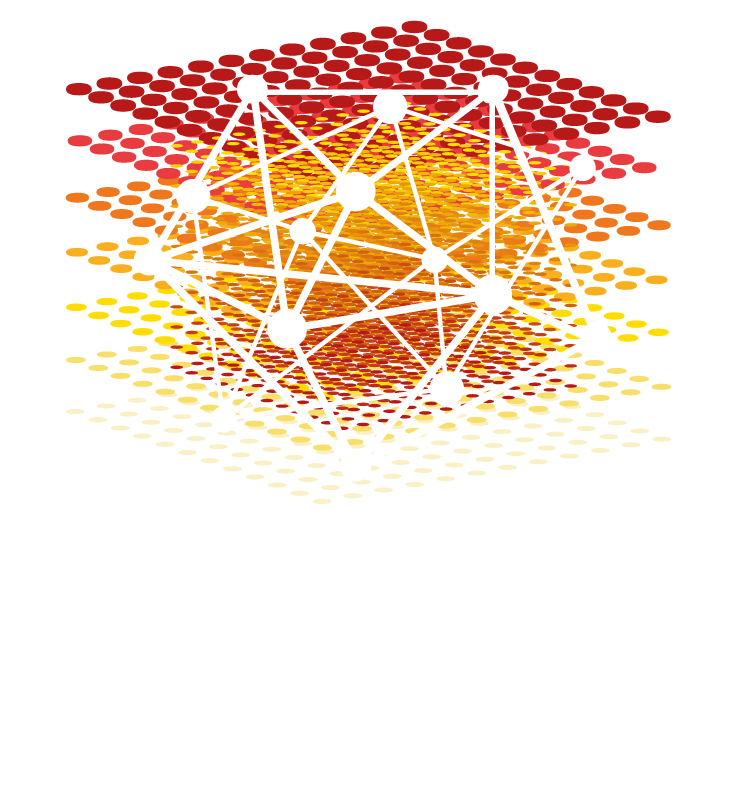TUTORIALS

Tiago DE PAULA PEIXOTO
CEU Vienna, Austria
Network Inference and Reconstruction
I am an Associate Professor in the Department of Network and Data Science at the Central European University (CEU), Vienna, Austria. I have received my Habilitation in Theoretical Physics at the University of Bremen in 2017. Previously, I have been an Assistant Professor in Applied Mathematics at the University of Bath (2016-2019), External Researcher at the ISI Foundation (2015-2020), and post-doc researcher at the University of Bremen (2011-2016) and Technical University of Darmstadt (2008-2011). The research of my group lies at the interface between Statistical Physics, Complex Systems, Data Science, Applied Mathematics, and Machine Learning, with a special interest in the methodological foundations of Network Science.
-
We will provide a concise introduction to principled techniques for the detection of patterns and formation mechanisms from network data, grounded in Bayesian statistical inference and information theory. We will learn how to distinguish structure from statistical noise, how to perform uncertainty quantification, and to compare different generative models. We will also see how these ideas can be extended to reconstruct networks; both when their structure is measured directly but unreliably, and also when the structure is not measured directly at all, and needs to be uncovered from time-series or other indirect non-network data.
link to the slides: https://cloud.skewed.de/index.php/s/48jHDRHt2LeQQco

Maria LIAKATA
Queen Mary University of London, UK
Longitudinal language processing from user generated content
Maria is a Professor in Natural Language Processing (NLP) at Queen Mary, University of London. She is in receipt of an EPSRC/UKRI Turing AI fellowship award on Creating Time Sensitive Sensors from Language & Heterogeneous User-Generated Content (2019-2025) https://www.turing.ac.uk/research/research-projects/time-sensitive-sensing-language-and-user-generated-content.
At the Alan Turing Institute she co-leads the NLP and data science for mental health interest groups and supervises PhD students. She is co-leading projects on Language sensing for dementia monitoring & diagnosis (https://www.dcs.warwick.ac.uk/langsensing/), Opinion summarisation from social media, an AI evidence based framework during pandemics (https://panacea2020.github.io/index.html).
Maria has a DPhil from the University of Oxford on learning pragmatic knowledge from text. Her work has contributed to advances in knowledge discovery from corpora, automation of scientific experimentation and automatic extraction of information from the scientific literature. She has published widely both in NLP and interdisciplinary venues. Past awards include an IBM Faculty Award for work on emotion sensing from heterogeneous mobile phone data, being a co-investigator on the EU Project PHEME, which studied the spread of rumours in social media (2014-2017) and an Early Career Fellowship from the Leverhulme Trust (2010-2013) on reasoning with scientific articles.
-
In most of the tasks and models that we have made great progress within NLP in recent years, there isn't a notion of time. However many tasks are sensitive to changes and temporality in real world data, especially when pertaining to individuals, their behaviour and their evolution over time, as is the case with user generated content and social media data. I will introduce a programme of work on longitudinal natural language processing. This consists in developing natural language processing methods to: (1) represent individuals over time from their language and other heterogenous content (2) capture changes in individuals' behaviour over time (3) generate and evaluate synthetic data from individuals' content over time (4) summarise the progress of an individual over time, incorporating information about changes. I will discuss progress, methods and challenges this far with examples from recent publications and applications such as mental health monitoring, opinion summarisation and rumour verification.
